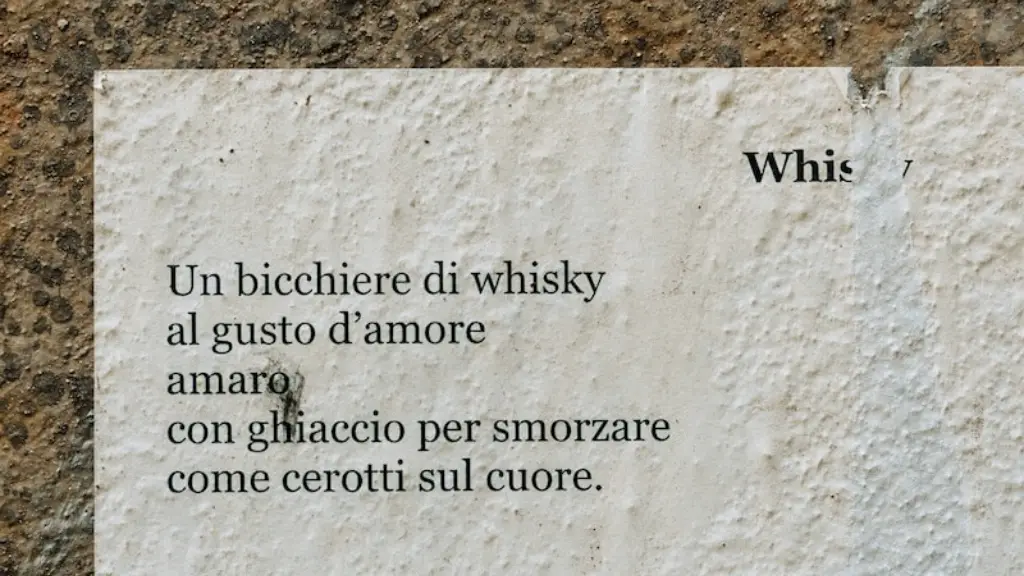Biography
Walt Whitman is a celebrated American poet born on May 31, 1819 in Long Island, New York. He was the second of nine children in an agricultural family. His love for writing began at a very young age, initially by creating short stories and poems. He had an adventurous life, briefly teaching and working as a carpenter, lawyer’s assistant, journalist and editor. He lived through various societal and political changes in the US during his lifetime, including the Civil War and Abolition of Slavery.
The majority of Whitman’s writing is considered to be a part of the American Renaissance, a period of literary works said to be the period early in the 19th century with a focus on literature, art and music. He created the genre of free verse in his work.
Leaves of Grass
“Leaves of Grass” was originally published in 1855, with subsequent reprints added with new additions throughout by Whitman until the completion of the edition in 1891 at which point it had comprised of more than 400 poems. The pressing issues of the time, including slavery and civil rights, were a great influence to the contents in “Leaves of Grass.” It formed a consistent themes in his work in relation to the acceptance of all individuals regardless of racial or economic background. His representation of the American identity of emancipation and liberty through poetry was un-paralleled.
The first edition of “Leaves of Grass” was largely self-financed and self-published. Initially, Whitman distributed the edition to celebrities and writers, shocking the public due to its bold themes and language. During his lifetime, he was compensated meagre amounts for the poem, leaving this only as a hobby in his life.
Legacy
During his lifetime, he was never as respected as he is today. Despite this, his influence on 20th century writing is noteworthy. His work has been praised by famous authors such as Henry James and Arthur Miller for its “hidden depths and difficulties.” Many have looked to the work of Whitman to understand the individual’s identity in the context of American history. He was celebrated for his brilliance in the representation of freedom and unity in a time of unrest.
“Leaves of Grass” is a timeless piece of literature, particularly by its political and romantic themes merged together in an authentic way. It has been subject to endless study by academics and is amongst the most influential pieces of work of its time. It is said to be the “definitive paintings of the American spirit.”
Death
Whitman died of a stroke on March 26, 1892, at age 73. He was buried in Camden, New Jersey, the place of his death. Since his death, Whitman’s work and legacy have been celebrated many poets, academics and politicians. In 1997, his birthplace in Long Island was declared a National Landmark, ensuring his work and influence is remembered for many years to come.
Themes in Poetry
Like many of his contemporaries, Whitman wrote predominantly about issues affecting the US during his writing career. His focus on humanity, individualism and democracy was consistent in his writing. He had a unique style and his mastery of free verse was revolutionay. Many have found his works to be both stimulating and gripping, with an enthusiastic and passionate sensibility. He wrote with bold and confident strokes, tackling issues related to relationships, ethnicity, religion and sexuality.
His writing was characterized by its youthful, dynamic form and its use of similes and metaphors. He has been often quoted as “the poet of eternity,” by one of his greatest admirers, the French poet Arthur Rimbaud. He was known to write epistles in his works, showing a humanistic side to the contemporary political, social and cultural issues of the time.
Whitman and Education
Walt Whitman remains an influential voice in the literary world. Although few of his peers and contemporaries have been as greatly praised for his legacy and influence in American culture, he has been subject to study in numerous studies and regularly recited by high school and college students to this day. His works are often anthology pieces in wide-spread English and American Literature curriculums.
He was praised for his ability to illuminate the American spirit though free verse, a technique that was considered inconceivably radical during his time. He often wrote about society, immigration, Indian rights, religion and race. The themes in his work have been noted to be a precursor to current American conversations and dialogues relating to immigration.
Whitman and Religion
Throughout his works and especially “Leaves of Grass,” Whitman is said to critique both mainstream and fringe religions. His early writing was often tied to his faith. He questioned both traditional religious views and those of the leaders within the Protestantism and Catholicism churches.
He was a self-proclaimed atheist, a part of his own poetic manifesto to challenge traditional organized religion and create conversations around philosophy, individuality and freedom of thought. He believed in spirit and the individual, once famously quoted as saying “I do notconfine myself to any pastor or church.”
Whitman and Nature
Whitman personified nature and seen in many of his works, wrote about its beauty and utility. American transcendentalists Ralph Waldo Emerson and Henry David Thoreau’s work on the power of nature and spiritualism seemed to have greatly influenced Whitman’s writing. “In Paths Untrodden”, from “Leaves of Grass”, is devoted to the wondrous power of nature in allowing us to feel a connection to the divine.
The Middletown Township, New Jersey, has recently built a public library that is dedicated to Walt Whitman. Inside the library are a various artifacts, including a variety of original editions of his works and some of his personal items. The library seeks to provide insight into the life of Whitman and showcase the impact that his works had and continues to have on readers.
Whitman and Transcendence
Since the late 19th century, Transcendentalism has been at the heart of Whitman’s work. Transcendentalism is a spiritual and philosophical movement in which its adherents strive to attain spiritual freedom and romanticism. Themes of astrology, dreams, human connection and spiritual awakening appear in many of his works.
His work served as a lightening rod for a new, social identity within the US and beyond. His intellectual prowess and infatuation with non-judgmental acceptance of differing gender and sexuality opened a dialogue regarding the importance of this transcendence. In many ways, he paved the way for the acceptance of novel, liberal conversations.
Conclusion
Walt Whitman was an essential voice of the 19th century and continues to influence modern literature to this day. He was an influential poet, essayist and journalist, who sought to define the true American identity. His modern day legacy remains rooted in his timeless works that challenge convention and focus on individualism and equality. His passionate, rebellious voice serves as a precursor to many of the conversations related to race and religion taking place today.




